What Luke Jennings' 'Codename Villanelle' Hints About 'Killing Eve' Season 2
Season 2 of the award-winning Killing Eve is coming to BBC America on April 7, and speculation abounds about what's next for Villanelle (Jodie Comer) and the MI5 agent Eve tracking her (Sandra Oh). What do the details and differences within the novel on which it's based, Codename Villanelle, potentially reveal about season 2 of Killing Eve?
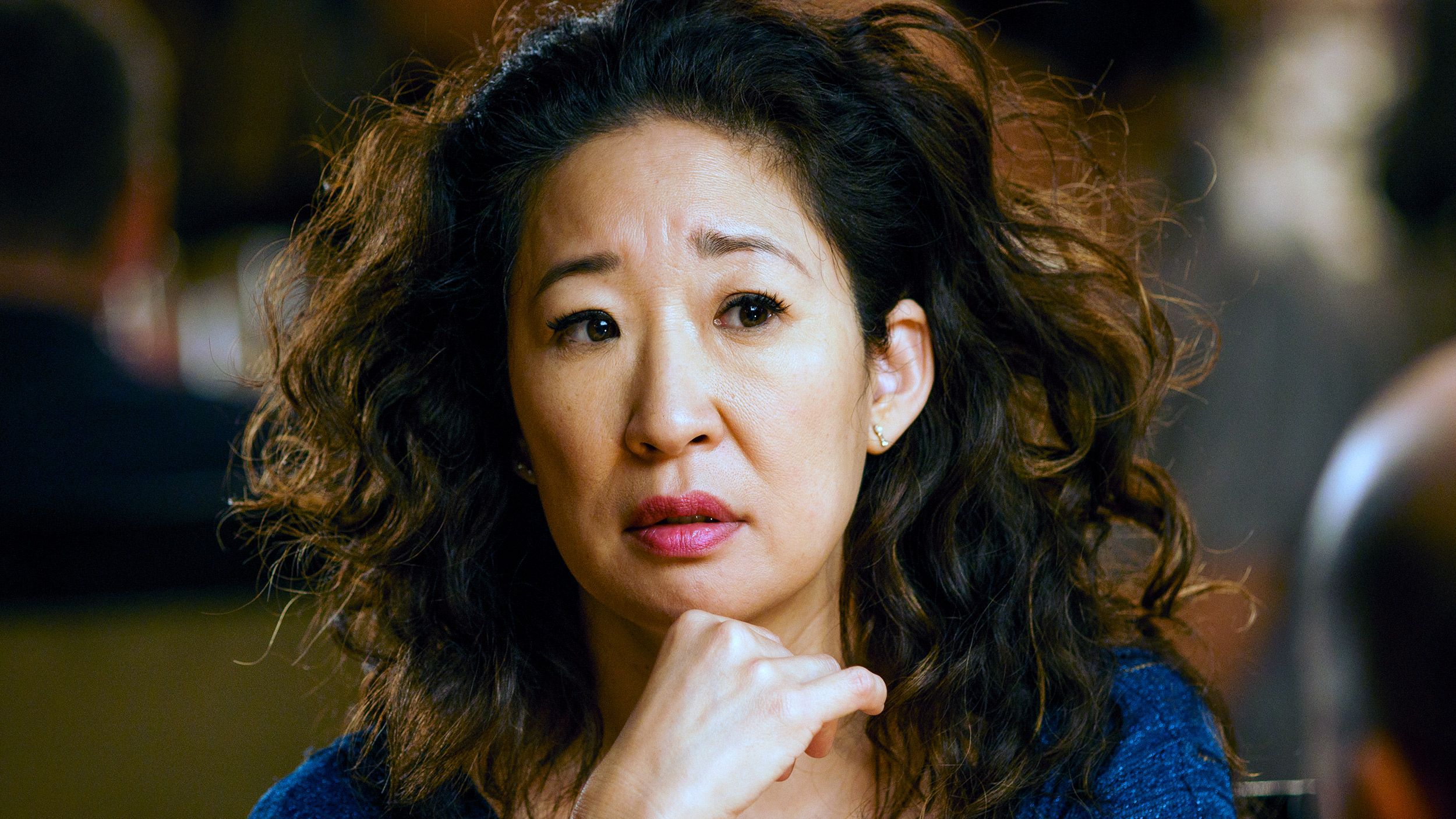
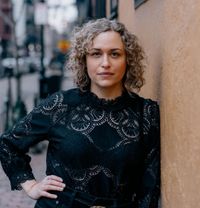
Killing Eve was 2018's sleeper hit. A perfect mix of sexiness, female empowerment, and compelling plot twists, it showed the working mind of a coldblooded yet relatable female assassin. Villanelle, played by Jodie Comer, is considered a particularly unique creation for the small screen. But Villanelle was originally conceived by Luke Jennings, who wrote four novellas that he brought together as the novel Codename Villanelle—a.k.a. the inspiration for Killing Eve.
The series has diverged pretty significantly from the book, but they share enough common DNA to provide some insight into where the series is headed. Jennings helped the producers bring the TV show to life, so his observations were crucial to the characters we know and love.
Season 2 of the award-winning show is coming to BBC America on April 7, and speculation abounds about what's next for Villanelle and Eve Polastri, the MI5 agent tracking her (played by Sandra Oh). So what do the details and differences within Codename Villanelle potentially reveal about season 2 of Killing Eve? Spoilers ahead, obviously, for both the series and the book.
The book reveals more information about Villanelle's past.
In Jennings' book, we get insight on Oxana (Villanelle's real name), and specifically the history and training that helped her become an assassin. Oxana is a "child of post-Soviet chaos," and essentially an orphan from a young age. She leaves a trail of bodies behind and takes pleasure in really gruesome kills—but her background also reveals a fragility and vulnerability behind this seemingly emotionless character. It also reveals how she got her codename.

The TV show hasn't touched on any of this, but promises to delve into what makes the psychopath tick.
There's more sex.
Not only is Villanelle a globetrotter in the novel, running off to fabulous locations to assassinate people, she also has a lot of incredible sex—with targets, with bystanders, you name it. In the series, this is only hinted at: a threesome early on, insinuations of a sexual past with her old teacher and a former friend/colleague, and an offer of sex to a prison guard. So there might be more sex and sexuality to come in season 2.
Villanelle's boss is dead in the book.
In the BBC America series, the fate of Villanelle's handler Konstantin is up in the air. Villanelle is told he's dead, but we never see the body.
Get exclusive access to fashion and beauty trends, hot-off-the-press celebrity news, and more.
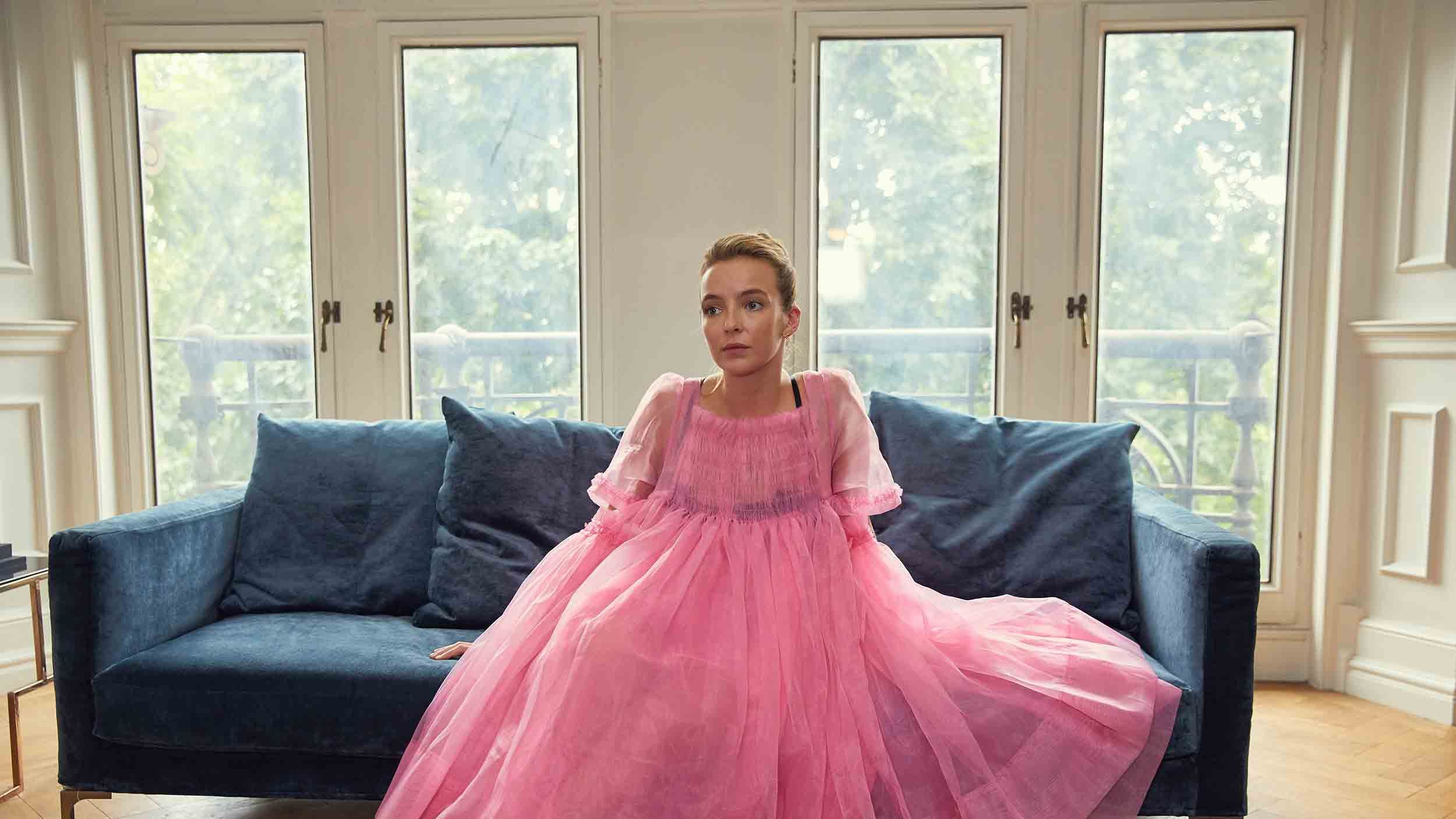
But in the book, Villanelle shoots him in the chest at close range after he's kidnapped, to prevent him from leaking information about her or the organization she works for.
Eve is still married.
We don't know where Eve stands with her husband Niko in the series. It's only clear that he's not returning her calls after she, you know, smacked him in the face after he called out her weird behavior.
But in the books, she's still with him, and she's still 100 percent in on catching Villanelle. (That work-life balance still isn't great, though.)
The book is clearer about what Eve really wants.
The evolving characterization of Eve is the biggest difference between the book and show. In the show, Eve is American, and in the book she's British. The change of title from the book to the series represents the change of focus, and with it the "dark romance" between the two characters becomes more prominent.
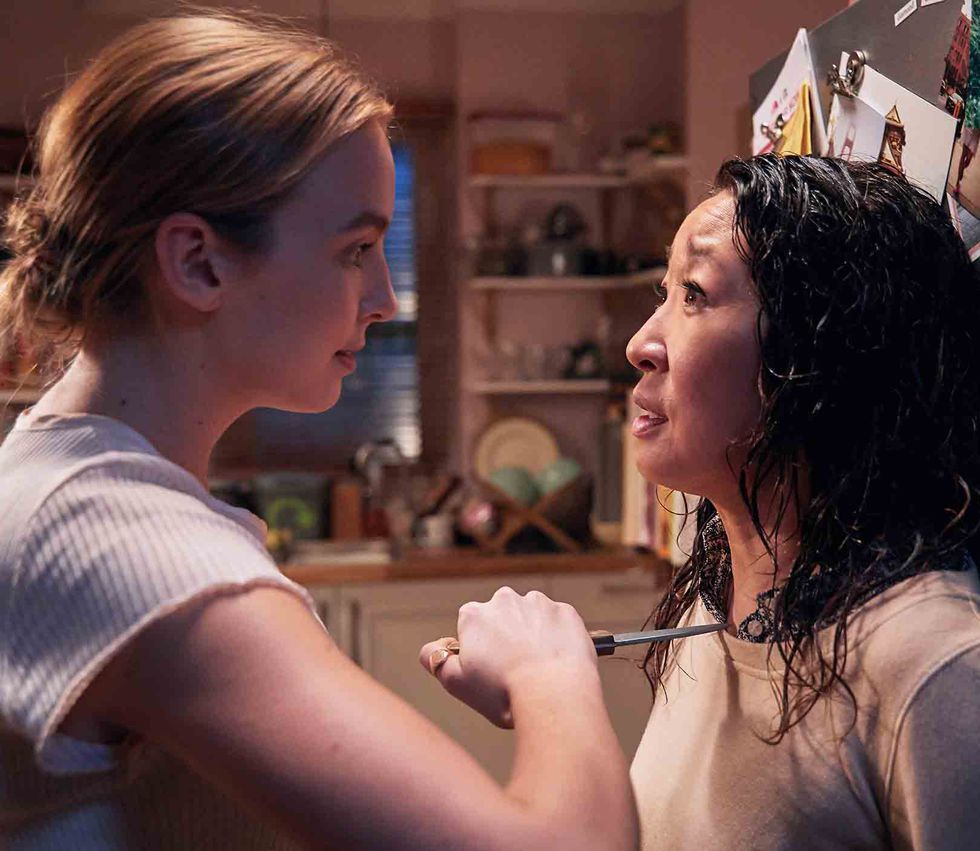
In the book, Eve is clearly infatuated with Villanelle, but it doesn't stop her from being out for blood. The two don't meet in person (unlike in the show), and Eve is certain that when they do, she'll be ready to kill. That kind of focus might be a hint at the ultimate dynamic between the two characters, with Eve dead set on Villanelle's death.
Villanelle has a best friend...sort of.
One of the more intriguing characters in the book was Anne-Laure, who loved shopping and going to fabulous events with Villanelle, and also engaging in the occasional threesome together. Anne-Laure isn't an assassin and doesn't know what Villanelle really does, but she's just as cold and uncaring.
Removing female characters' friendships in drama shows is actually quite common, and it would be a nice change to see a character that Villanelle doesn't end up immediately murdering.
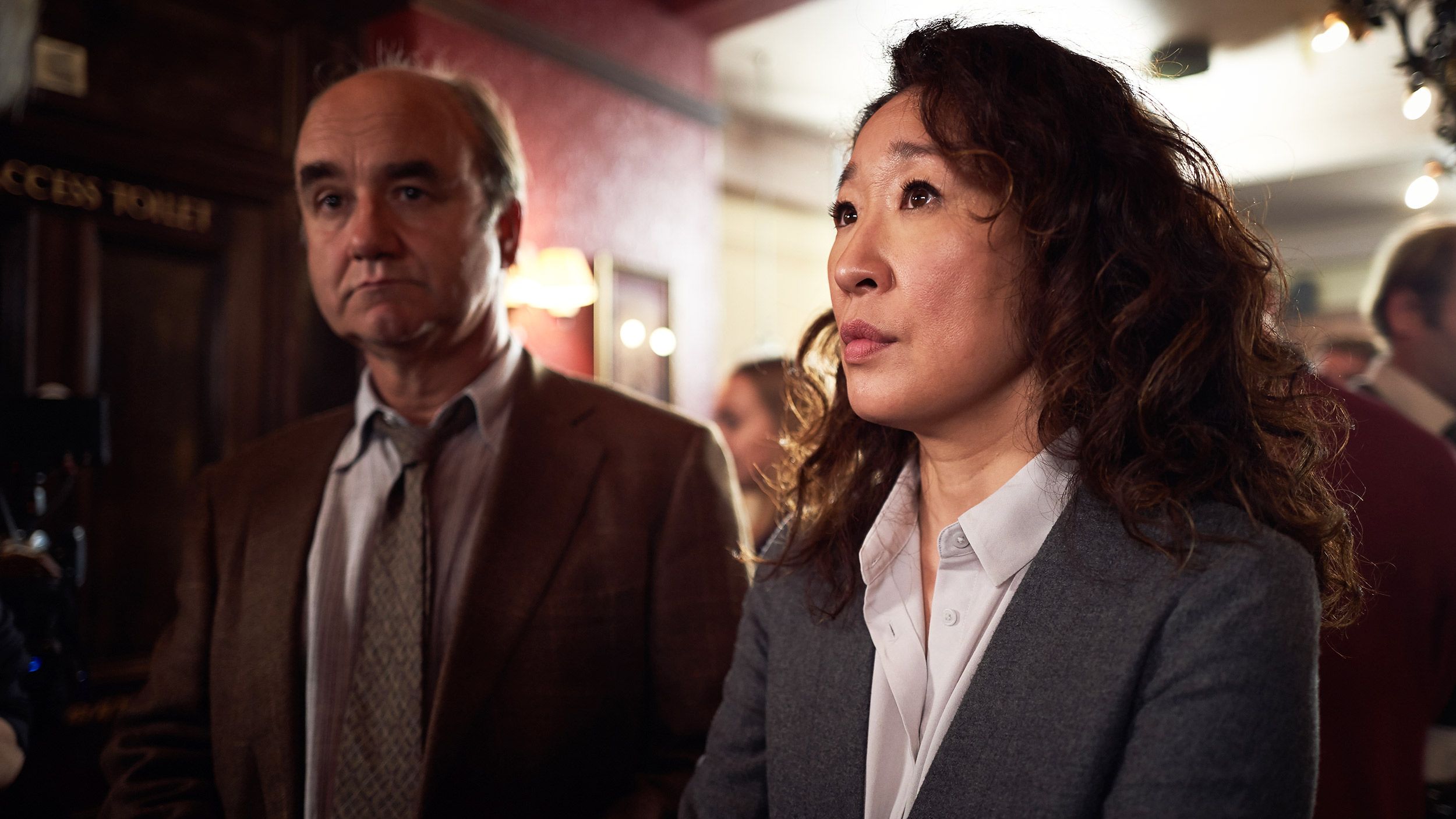
The book has more detail on the Big Bad.
The shadowy organization called the Twelve that Villanelle works for is fleshed out in the book. Twelve unidentified multi-billion-dollar men, who speak in Russian and English, are the secret masterminds behind assassinations that serve their business and political interests. They're framed as the quiet puppet masters of global events (permeating the highest levels of government, including MI5), and Villanelle does their work for them.
In the book, Villanelle is still working for the Twelve, but in the series it's less clear. The Twelve will most likely be sticking around, though—so Season One won't be the last time the organization will feature on the show.
For more stories like this, including celebrity news, beauty and fashion advice, savvy political commentary, and fascinating features, sign up for the Marie Claire newsletter.
RELATED STORIES
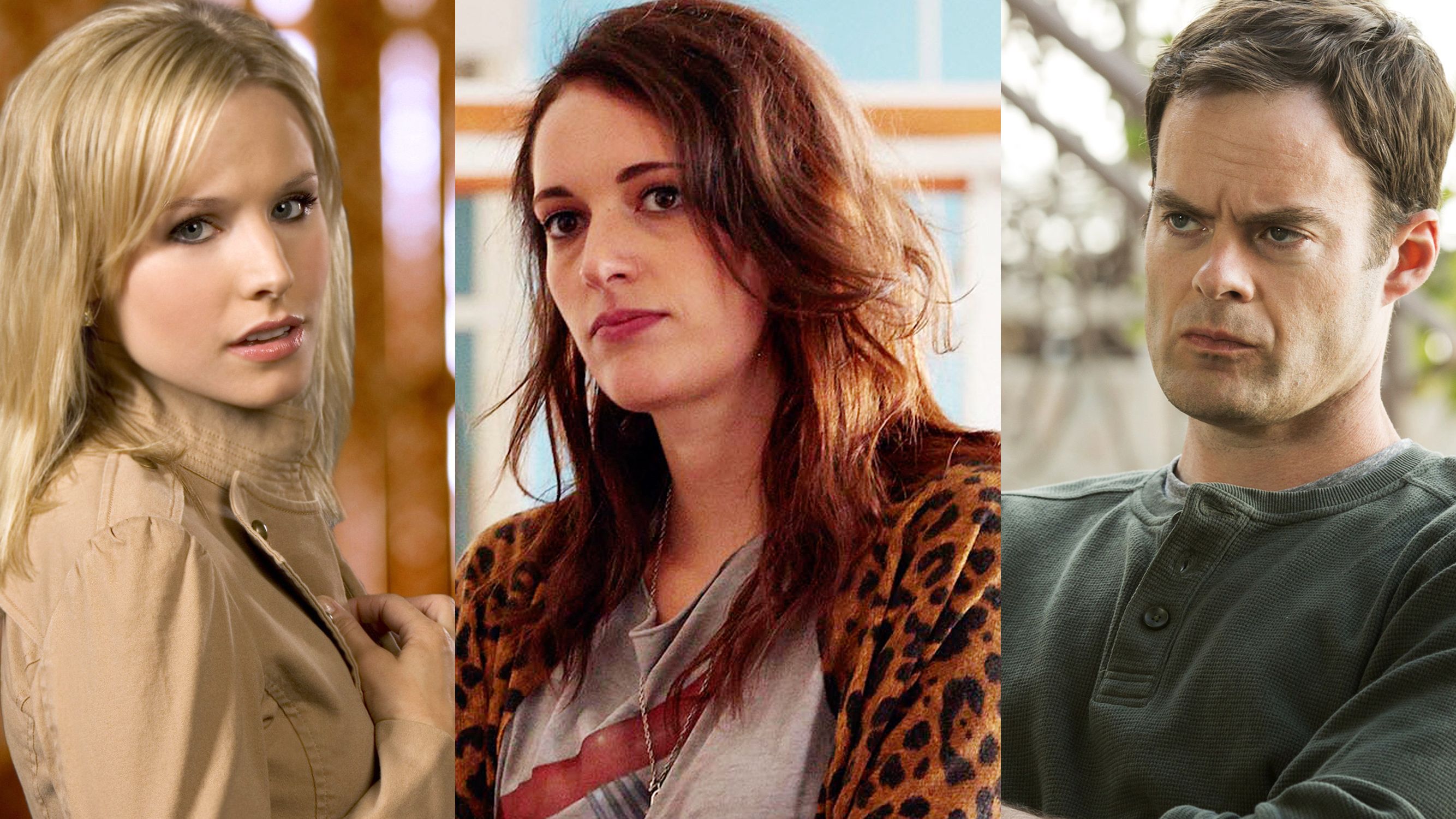
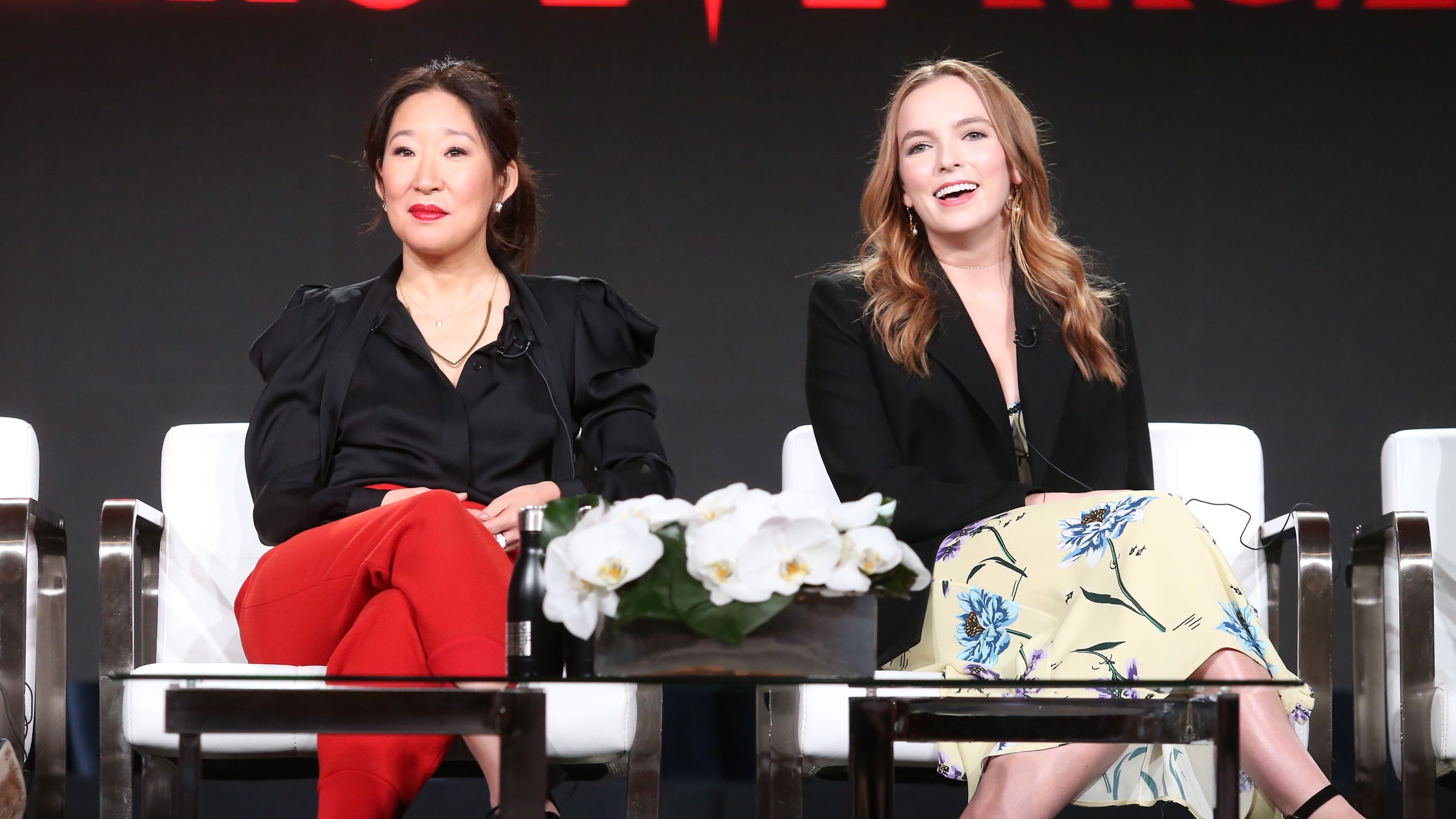
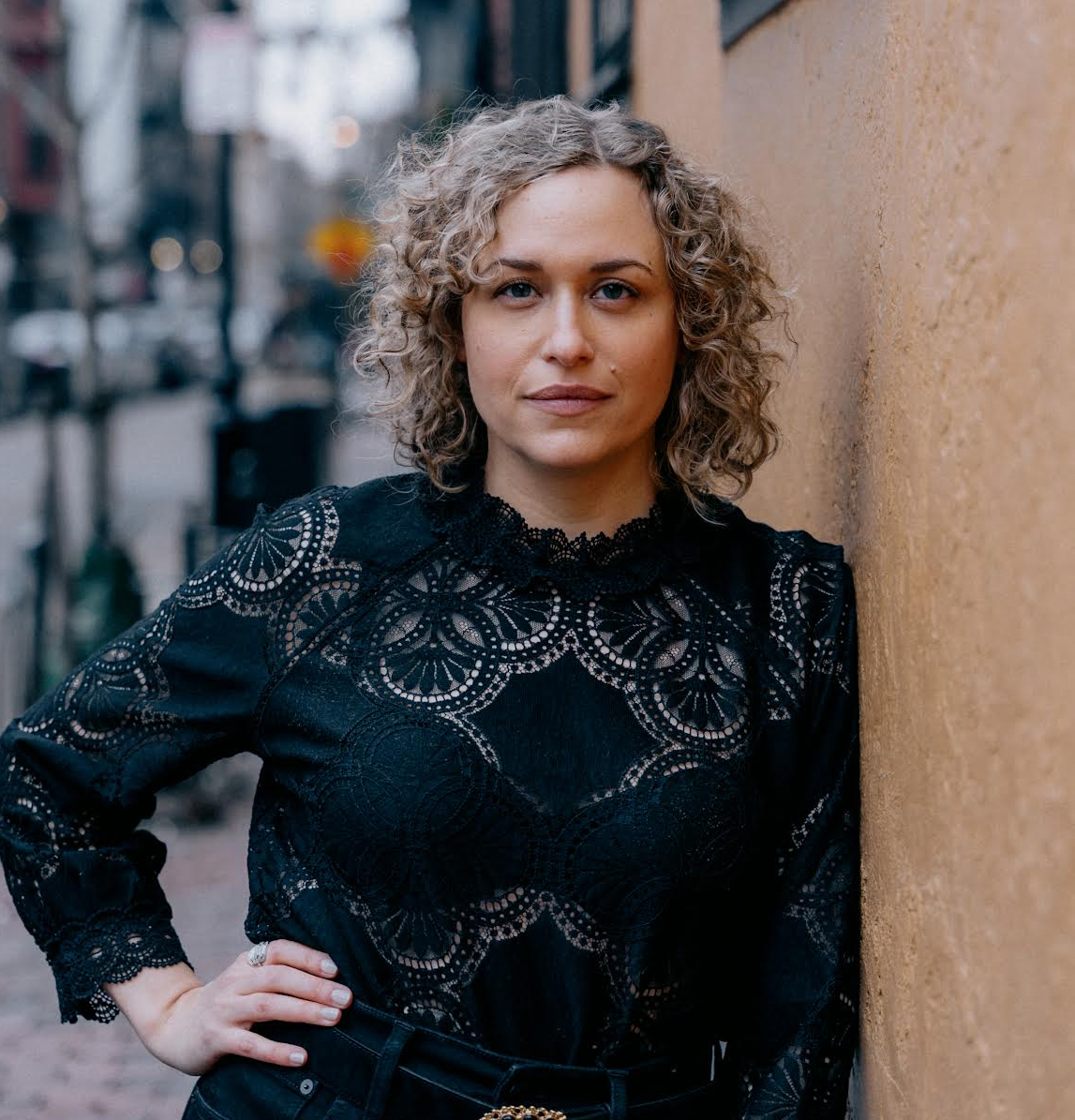
Katherine’s a contributing syndications editor at Marie Claire who covers fashion, culture, and lifestyle. In her role, she writes stories that are syndicated by MSN and other outlets. She’s been a full-time freelancer for over a decade and has had roles with Cosmopolitan (where she covered lifestyle, culture, and fashion SEO content) and Bustle (where she was their movies and culture writer). She has bylines in New York Times, Parents, InStyle, Refinery29, and elsewhere. Her work has also been syndicated by ELLE, Harper’s Bazaar, Seventeen, Good Housekeeping, and Women’s Health, among others. In addition to her stories reaching millions of readers, content she's written and edited has qualified for a Bell Ringer Award and received a Communicator Award.
Katherine has a BA in English and art history from the University of Notre Dame and an MA in art business from the Sotheby's Institute of Art (with a focus on marketing/communications). She covers a wide breadth of topics: she's written about how to find the very best petite jeans, how sustainable travel has found its footing on Instagram, and what it's like to be a professional advice-giver in the modern world. Her personal essays have run the gamut from learning to dress as a queer woman to navigating food allergies as a mom. She also has deep knowledge of SEO/EATT, affiliate revenue, commerce, and social media; she regularly edits the work of other writers. She speaks at writing-related events and podcasts about freelancing and journalism, mentors students and other new writers, and consults on coursework. Currently, Katherine lives in Boston with her husband and two kids, and you can follow her on Instagram. If you're wondering about her last name, it’s “I go to dinner,” not “Her huge ego,” but she responds to both.